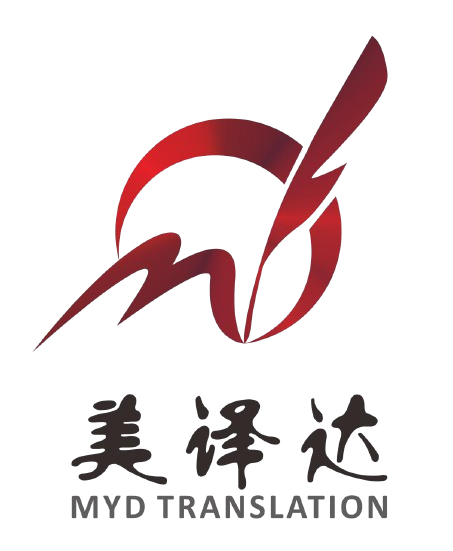FREQUENTLY ASKED QUESTIONS
1.WHAT DOES MYD STAND FOR?
MYD stands for Make You Deliver services, We are a leading translation company. in China, providing high-quality translations in over 100 languages.
2.WHICH LANGUAGES DO YOU OFFER?
Some of the languages we offer include Chinese, French, Spanish, Italian, German, Japanese, Korean, Thai, Indonesian, Vietnamese, Russian, and Arabic.
3.In total, we can translate over 100 languages. Please get in touch for the full list of the languages we can translate.
4.HOW MUCH DO YOU CHARGE AND HOW LONG DOES IT TAKE?
We charge on a per-word or per-page basis. We are fully transparent about our pricing, and there are no hidden charges when you work with us. Our pricing and turnaround time take into account the difficulty level of your text and the number of words. To get a quote, simply send us the document via email or via our quotation forms, and we will get back to you within 24 hours.
5.SHOULD I TRANSLATE DOCUMENT INTO SIMPLE CHINESE OR TRADITIONAL CHINESE?
This depends on which country or region your translations will be used in. If your audience is based in Hong Kong, Taiwan, or Macao, you will need to translate your documents into Traditional Chinese. On the other hand, if your documents are for Mainland china, Malaysia, or Singapore, you will need to translate them into simplified Chinese. There are slight differences in terminology between all the above-mentioned countries and regions, so it is advisable to let us know your target market when you place an order with us.
6.DO YOU RECOMMEND USING MACHINE TRANSLATIONS?
MYD does not recommend machine translation unless you only require a rough understanding of the document. This is because machine translation cannot produce the same quality translation as human translators. This is particularly true if you are translating between English and Chinese languages since they have very different cultures, grammar, and sentence structures.
7.WHAT’S THE DIFFERENCE BETWEEN TRANSLATION, LOCALISATION, AND INTERPRETATION?
Translation is the process of converting written language, whereas interpretation is the translation of spoken words. Localization is a field of translation that involves adapting the translated text to be linguistically and culturally appropriate for a specific country or region.
8.WHAT IS A CERTIFIED TRANSLATION AND WHEN IS IT REQUIRED?
A certified translation is a document that has been translated, signed, and stamped by an accredited translator. When you open a bank account in China or apply for a visa at a foreign consulate, you may be asked to provide certified translations of your supporting documents, Documents that typically require certified translation include passports & IDs, birth and death certificates, marriage and divorce certificates, diplomas, bank statements, Certificates of No Criminal Conviction (CNCC), medical records, and business documentation such as contracts.
9.HOW CAN I PREPARE FOR A TRANSLATION PROJECT?
Before sending a document for translation, make sure it is the final version. Additionally, if you have preferred terminology and reference materials, please make sure that you send them to us before we begin the translation process. For certified translations, we are obligated to translate the document exactly as it is, so please make sure that there are no mistakes in the original document.
